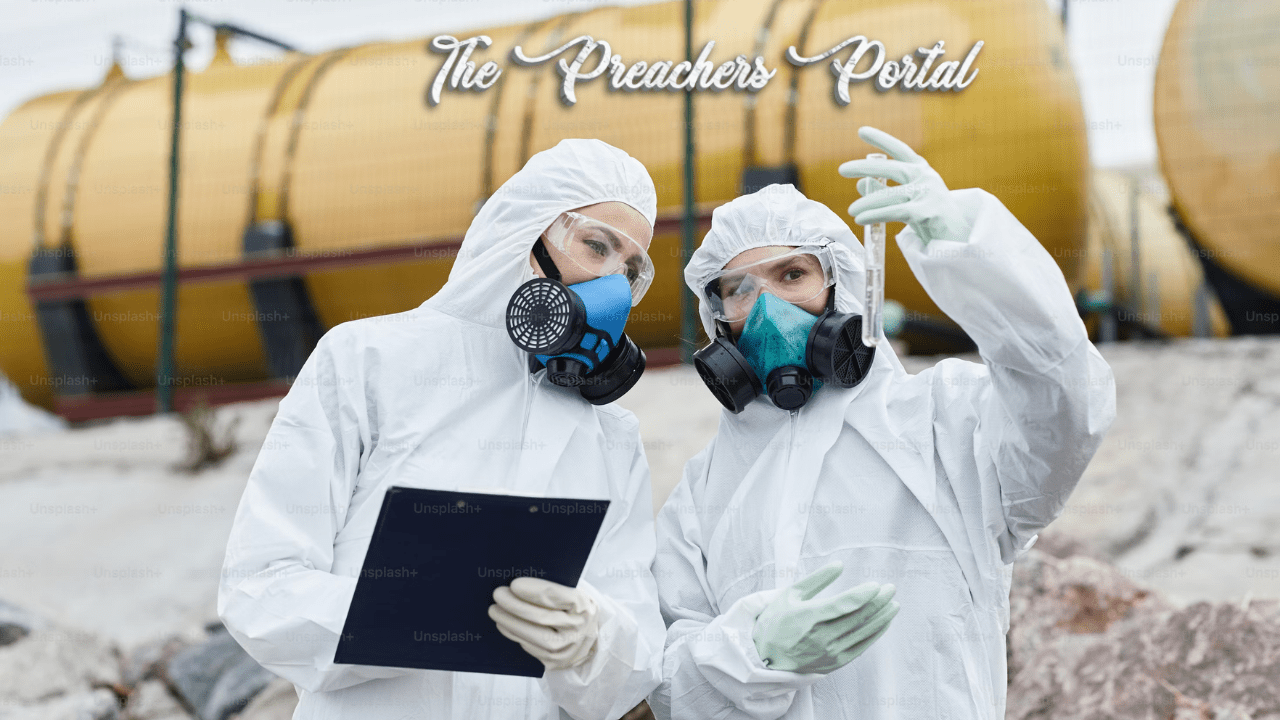The Best Ways To Advocate For AFFF Exposure Awareness
Did you know that a substance designed to save lives could also be endangering them? Aqueous Film-Forming Foam (AFFF), initially hailed as a revolutionary tool for firefighting, is now under scrutiny for its potential health risks. If you’ve ever wondered about the darker side of this life-saving foam, you’re not alone. So, what can we do to advocate for AFFF exposure awareness? Let’s dive in.
The History of AFFF and Its Use
In the 1960s, experts at the U.S. Naval Research Laboratory developed AFFF with the noble intention of enhancing worldwide aviation safety. By the late 1970s, this fire suppressant was already in use at more than 90 airports across the U.S. It wasn’t just limited to aviation; civilian fire departments also adopted AFFF as a go-to solution for combating fires. The military branches weren’t far behind, incorporating AFFF into their firefighting protocols on aircraft carriers and other installations.
But like many inventions with good intentions, AFFF has a complicated legacy. While it has undoubtedly saved lives and property, questions have arisen about its long-term impact on human health and the environment.
The Dark Side of AFFF: Health Risks
The primary concern with AFFF is its chemical composition, specifically a group of compounds known as Per- and Polyfluoroalkyl Substances (PFAS). These compounds are not only persistent in the environment but also accumulate in the human body, leading to a range of health issues. Studies have linked PFAS exposure to various forms of cancer, thyroid hormone disruption, and even low infant birth weights.
The gravity of the situation becomes even more apparent when you consider the ongoing AFFF lawsuits. Plaintiffs are filing cases against companies that manufactured AFFF, alleging that these corporations were aware of the health risks but continued production nonetheless.
The Environmental Impact
While the human health risks are alarming, the environmental consequences of AFFF use are equally concerning. The foam doesn’t just vanish after putting out fires; it seeps into the ground, contaminating soil and groundwater. This has led to alarming levels of PFAS in various ecosystems, affecting both wildlife and human communities. Places like military bases and airports, where AFFF usage is most common, have become hotspots for environmental degradation.
Legal Actions and AFFF Lawsuits
The legal landscape surrounding AFFF is complex but crucial for those seeking justice. Multi-district litigation has become a common approach in AFFF lawsuits, allowing multiple plaintiffs to consolidate their cases. This strategy aims to hold manufacturers accountable for the damages caused by their products. If you or someone you know has been affected, understanding the legal avenues available is a crucial step in advocacy.
Advocacy Efforts: What Can You Do?
So, you’re aware of the problem—what next? Advocacy is the key to driving change. Here are some actionable steps you can take:
- Raise Awareness: Use your social media platforms to share articles, studies, and personal stories related to AFFF exposure. The more people know, the more they can protect themselves.
- Educational Programs: Partner with environmental organizations to host community events. Educate people about the risks associated with AFFF and the importance of proper disposal methods.
- Political Advocacy: Contact your local and state representatives to push for legislation that bans or restricts the use of PFAS-containing AFFF. Your voice can make a difference.
Case Studies: States Taking Action
States like California and New York have already taken legislative steps to ban the use of AFFF containing PFAS. These case studies serve as a beacon of hope and a blueprint for other states to follow.
Conclusion
The issue of AFFF exposure is not just a matter of public health but also a question of ethical responsibility. We’ve explored the history, the risks, and the ongoing AFFF lawsuits. Now, it’s time to turn the tide. Will you join the fight?















